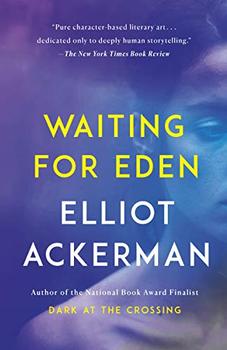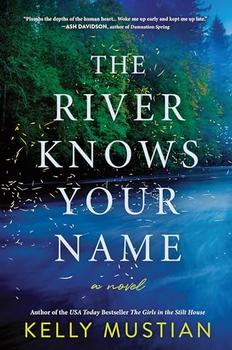Summary | Excerpt | Reviews | Beyond the book | Read-Alikes | Genres & Themes | Author Bio

Thank You for Your Service is an act of understanding - shocking but always riveting, unflinching but deeply humane, it takes us inside the heads of those who must live the rest of their lives with the chilling realities of war.
No journalist has reckoned with the psychology of war as intimately as David Finkel. In The Good Soldiers, his bestselling account from the front lines of Baghdad, Finkel shadowed the men of the 2-16 Infantry Battalion as they carried out the infamous surge, a grueling fifteen-month tour that changed all of them forever. Now Finkel has followed many of those same men as they've returned home and struggled to reintegrate - both into their family lives and into American society at large.
In the ironically named Thank You for Your Service, Finkel writes with tremendous compassion not just about the soldiers but about their wives and children. Where do soldiers belong after their homecoming? Is it possible, or even reasonable, to expect them to rejoin their communities as if nothing has happened? And in moments of hardship, who are soldiers expected to turn to if they feel alienated by the world they once lived in? These are the questions Finkel faces as he revisits the brave but shaken men of the 2-16.
More than a work of journalism, Thank You for Your Service is an act of understanding - shocking but always riveting, unflinching but deeply humane, it takes us inside the heads of those who must live the rest of their lives with the chilling realities of war.
David Finkel maintains his objective distance as a professional journalist – this isn't a polemic against war or the way the United States cares for its veterans - but there really isn't much good news to report in this ongoing story. It is, however, a very important book that helps readers understand the human cost of war, and the ongoing problems our returning soldiers and their families face...continued
Full Review
(930 words)
This review is available to non-members for a limited time. For full access,
become a member today.
(Reviewed by Kim Kovacs).
Post-Traumatic Stress Disorder (PTSD) and Traumatic Brain Injury (TBI) are being called the "signature injuries" of the Iraq and Afghanistan Wars. These conditions are closely related, but are, in fact, vastly different.
PTSD is a psychological response to a traumatic event. While most associate the term with military combat, any overwhelming life experience can trigger it, especially if the event feels unpredictable or uncontrollable. It can affect anyone who experiences, witnesses, or cleans up after a catastrophe. Those with PTSD most often see symptoms develop soon after an event, but sometimes it can take weeks, months or years before they occur. People with PTSD find their symptoms do not decrease and may even get worse over time. ...
This "beyond the book" feature is available to non-members for a limited time. Join today for full access.

If you liked Thank You for Your Service, try these:

by Ian Fritz
Published 2024
A powerful, timely memoir of a young Air Force linguist coming-of-age in a war that is lost.

by Elliot Ackerman
Published 2019
From the National Book Award finalist, a breathtakingly spare and shattering new novel that traces the intersection of three star-crossed lives.



All my major works have been written in prison...
Click Here to find out who said this, as well as discovering other famous literary quotes!